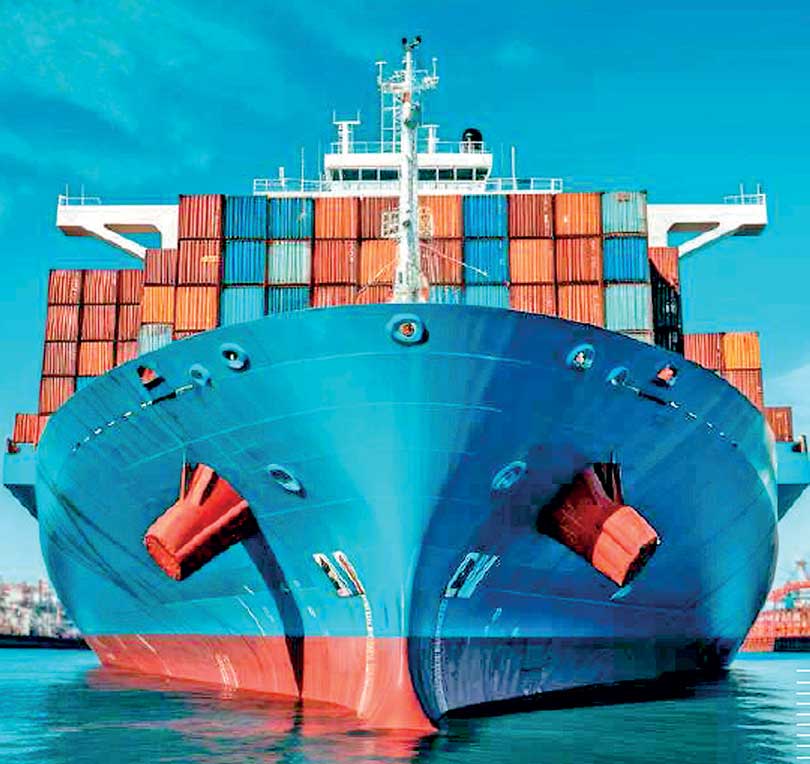Sunday Feb 22, 2026
Sunday Feb 22, 2026
Thursday, 26 September 2024 15:14 - - {{hitsCtrl.values.hits}}

Data from the ICS Barometer Report 2023-2024 – launched recently – has demonstrated the positive impact that improved clarity from Governmental bodies, such as the International Maritime Organisation (IMO), have had on the sector.
The comprehensive survey of over 100 global maritime industry leaders over a three-year period analyses year-on-year shifts in sentiment on pivotal issues influencing operations. It has tracked steadily rising confidence among maritime leaders in their ability to cope with challenging operating conditions.
Areas of concern for respondents include the recent increase in geopolitical instability (which is seen as a risk multiplier as it impacts other factors), malicious physical attacks and cyber-attacks (by State and non-State actors), as well as updates to global and/or regional regulatory environments and availability of fuels and infrastructure driving decarbonisation.
International Chamber of Shipping Chairman Emanuele Grimaldi said: “We are in a period of profound transformation – marked by decarbonisation, heightened security risks, and evolving regulations. What this invaluable data-driven perspective shows is that policy and clarity are key. This report tracks our industry’s progress through recent gains in confidence, while also noting key pressure points – such as the availability of public funding for green initiatives and the impact of market-based measures – which continue to require greater collaborative effort across industry leaders, Government bodies, and international partners to address.”
Protectionism was also seen as a growing risk, driven by geopolitical instability, national energy security concerns, global and regional economic crises, and Government-led manufacturing incentives favouring local production. Given the impacts on trade relationships and routes, this year’s ICS Barometer Report features a special focus on reshoring, nearshoring, friendshoring, and offshoring – assessing the perceived impact on shipping’s current operations, as well as the factors likely to influence decision-makers to shift their own operations.
Findings from the 2023-2024 report indicate the continued significance and high impact of global and regional regulations on business operations. The availability of trained crew and personnel for certain roles remains an ongoing concern, with the potential to further impact operations as increased geopolitical instability affects recruitment and retention efforts over the coming years.
The report also draws attention to the alternative fuels market, where methanol and nuclear power have seen a significant rise in interest from industry respondents.
The emergence of extreme weather risks is identified as a one-to-watch area for the industry.
The ICS Barometer Survey features a regional focus of the country with the highest number of survey respondents, which is the United Kingdom for the second year in a row.
UK Chamber of Shipping Chief Executive Rhett Hatcher said: “Understanding the key factors impacting maritime business operations is crucial for the industry’s resilience and growth, allowing us to implement strategies that are robust, sustainable, and adaptive. The ICS Barometer offers year-on-year insights identifying emerging trends, allowing us to effectively track industry sentiment as we tackle challenges and respond proactively. The insights from this report will also provide useful data and intelligence for the UK Government as they develop their own investment and regulatory plans for the sector, and we look forward to discussing these with them.”